A smoke alarm is the first line of defense against residential fires, but its effectiveness hinges on one often-overlooked detail: power. Traditional smoke alarms rely on short-lived alkaline batteries that die every 6–12 months, leaving homes vulnerable during forgotten replacements. Enter long-life battery smoke alarms (Rauchmelder mit Langzeitbatterie)—a game-changing innovation that eliminates frequent battery swaps while ensuring round-the-clock fire protection. For homeowners tired of late-night low-battery chirps and missed safety checks, these devices redefine what it means to "set and forget" home security.
The Hidden Flaw in Traditional Smoke Alarms: Battery Reliability
Fire safety statistics paint a stark picture: The U.S. Fire Administration (USFA) reports that 3 out of 5 fire deaths occur in homes with non-functional smoke alarms, and battery failure is the leading cause (accounting for 24% of these cases). Traditional alkaline batteries suffer from two critical drawbacks:
First, their short lifespan demands regular attention. With most lasting just 6–12 months, homeowners must remember to replace batteries twice a year (e.g., during daylight saving time changes)—a task easily pushed aside amid busy schedules. Second, alkaline batteries degrade gradually, even when unused. Extreme temperatures (like those in attics or garages) accelerate this process, causing unexpected failures just when the alarm is needed most.
The consequences are dire. A 2023 study by the European Union’s Fire Safety Portal found that 41% of homeowners who skipped battery replacements believed their alarms were still working—until a small fire escalated into a disaster. Long-life battery smoke alarms address this gap by combining extended power life with consistent performance, turning a passive safety device into an active, reliable guardian.
How Long-Life Battery Smoke Alarms Work: Technology Behind the Durability
The secret to these alarms’ longevity lies in advanced battery chemistry and energy-efficient design. Unlike traditional models, long-life smoke alarms use one of two high-performance power sources:
1. Lithium Manganese Dioxide (Li-MnO₂) Batteries
The most common choice for professional-grade smoke alarms, Li-MnO₂ batteries offer a lifespan of 5–10 years. They maintain a stable voltage throughout their life (unlike alkaline batteries, which lose power gradually) and perform reliably in extreme temperatures (-40°C to 60°C)—making them ideal for attics, basements, and outdoor sheds. Their leak-resistant construction also prevents corrosion that can damage alarm circuitry.
2. Rechargeable Lithium-Ion (Li-Ion) Batteries
Some premium models use rechargeable Li-Ion batteries paired with low-power sensors. These batteries last 7–10 years and can be topped up via USB, though they’re less common in basic residential alarms. They shine in smart models that connect to home networks, as their energy efficiency supports extra features (e.g., mobile alerts) without sacrificing lifespan.
Complementing the battery technology are energy-saving sensors. Modern photoelectric and ionization sensors (the two main types in smoke alarms) now use 30–50% less power than models from a decade ago. Combined with low-consumption circuit boards, this means long-life batteries deliver consistent power without draining prematurely.
Key Features to Look for in a Long-Life Battery Smoke Alarm
Not all long-life smoke alarms are equal. To ensure maximum safety and convenience, prioritize these critical attributes:
1. Battery Lifespan and Warranty
Look for clear manufacturer claims: A 10-year battery lifespan is the gold standard, but 5–7 years is acceptable for budget-friendly options. Always check for a warranty that covers both the battery and the alarm itself—reputable brands back their long-life claims with 5–10 year warranties.
2. Sensor Type
Photoelectric sensors are best for smoldering fires (e.g., from a overheated blanket), while ionization sensors detect fast-flaming fires (e.g., from a grease fire) more quickly. For comprehensive protection, choose a dual-sensor model—many long-life alarms now include this feature without extra battery drain.
3. End-of-Life Indicator
Since the battery and alarm are often sealed (to prevent tampering), the device must alert you when it’s time for a full replacement. Look for a loud, distinct chirp or LED flash that signals the end of the alarm’s lifespan (typically 10 years)—not just a low battery.
4. Compliance with Safety Standards
Verify certifications like UL 217 (U.S.), EN 14604 (EU), or AS 3786 (Australia). These standards ensure the alarm meets strict requirements for smoke detection, false alarm rates, and battery performance.
5. Tamper Resistance
Sealed battery compartments prevent accidental or intentional battery removal (a common issue in rental properties). Some models also include a locking mechanism to deter tampering.
Wisualarm 10-Year Battery Smoke Detector: Safety That Lasts a Decade
For homeowners seeking uncompromising protection without the hassle of battery changes, the Wisualarm 10-Year Battery Smoke Detector sets the benchmark. Engineered with safety and convenience in mind, this detector combines industry-leading battery technology with reliable fire detection—making it a top choice for families, landlords, and property managers.
Core Features of the Wisualarm 10-Year Battery Smoke Detector:
- 10-Year Sealed Lithium Battery: Equipped with a high-capacity Li-MnO₂ battery, it delivers consistent power for a full decade—no battery replacements required. The sealed design prevents leaks and tampering, ensuring the alarm stays functional from day one.
- Dual-Sensor Technology: Combines photoelectric and ionization sensors to detect both smoldering and fast-flaming fires, reducing blind spots in home protection.
- End-of-Life Alert: A distinct chirp and flashing yellow LED signal when the 10-year lifespan is nearing its end, giving you ample time to replace the alarm.
- Low-Profile, Easy Installation: At just 9cm in diameter, it mounts discreetly on ceilings or walls with included hardware. No wiring is needed—perfect for renters or homes without hardwired smoke alarm systems.
- Global Safety Certifications: Meets EN 14604 (EU) and UL 217 (U.S.) standards, with rigorous testing for false alarm resistance (even in steamy bathrooms or dusty garages).
Whether you’re a busy parent, a landlord managing multiple properties, or simply tired of chasing battery chirps, the Wisualarm 10-Year Battery Smoke Detector takes the guesswork out of fire safety. It’s not just a smoke alarm—it’s 10 years of peace of mind.

Final Thoughts: Invest in Long-Life Protection
A smoke alarm is only as good as its power source. Traditional battery-powered models leave homes vulnerable to human error, but long-life battery smoke alarms eliminate this risk. By choosing a device with a 10-year battery, dual sensors, and safety certifications, you’re investing in protection that lasts—no reminders, no replacements, just constant security.
The Wisualarm 10-Year Battery Smoke Detector embodies this philosophy: it’s reliable, low-maintenance, and designed to keep your home safe for a decade. When it comes to fire safety, cutting corners on battery life isn’t worth the risk. Choose a long-life smoke alarm, and rest easy knowing your family is protected—today, tomorrow, and for years to come.





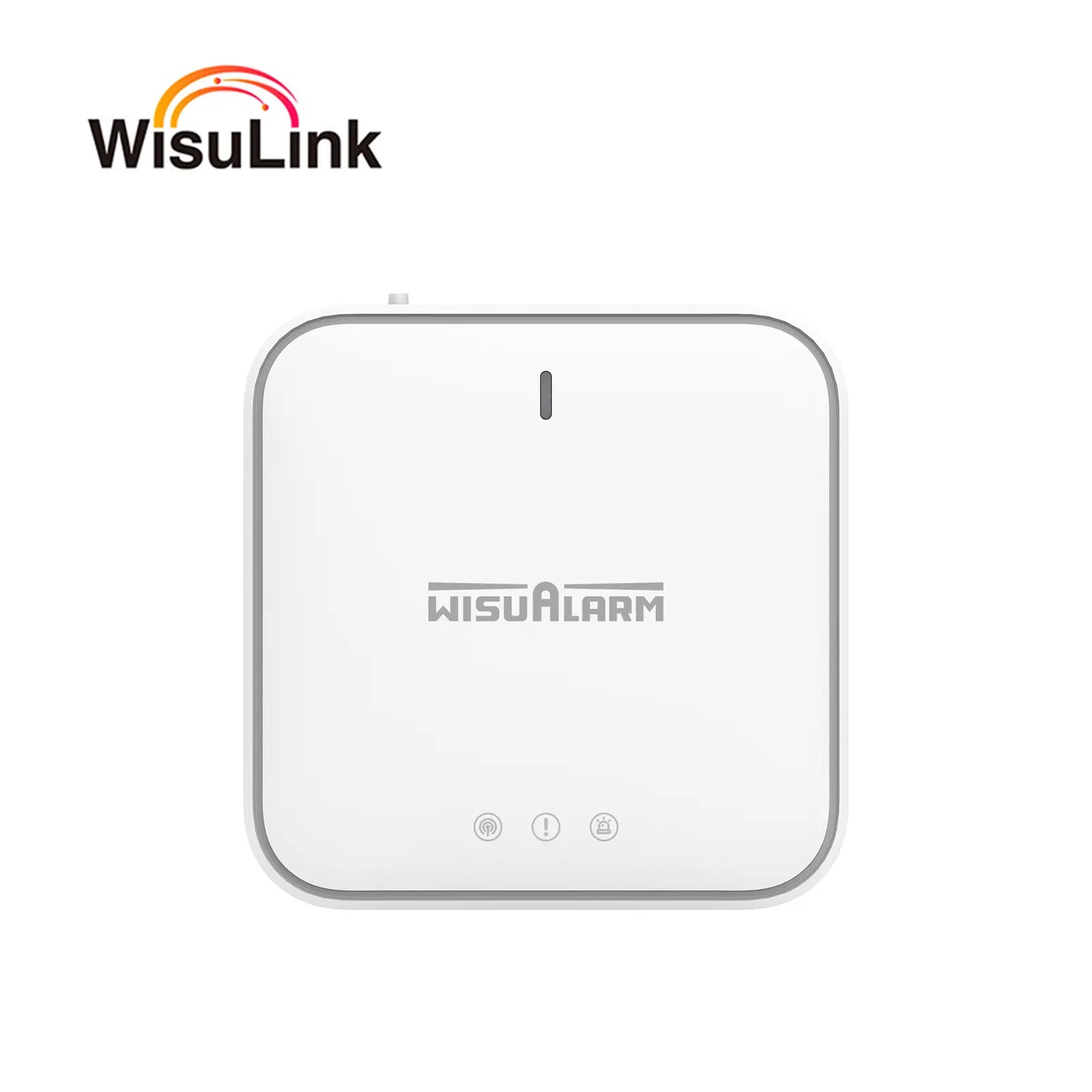
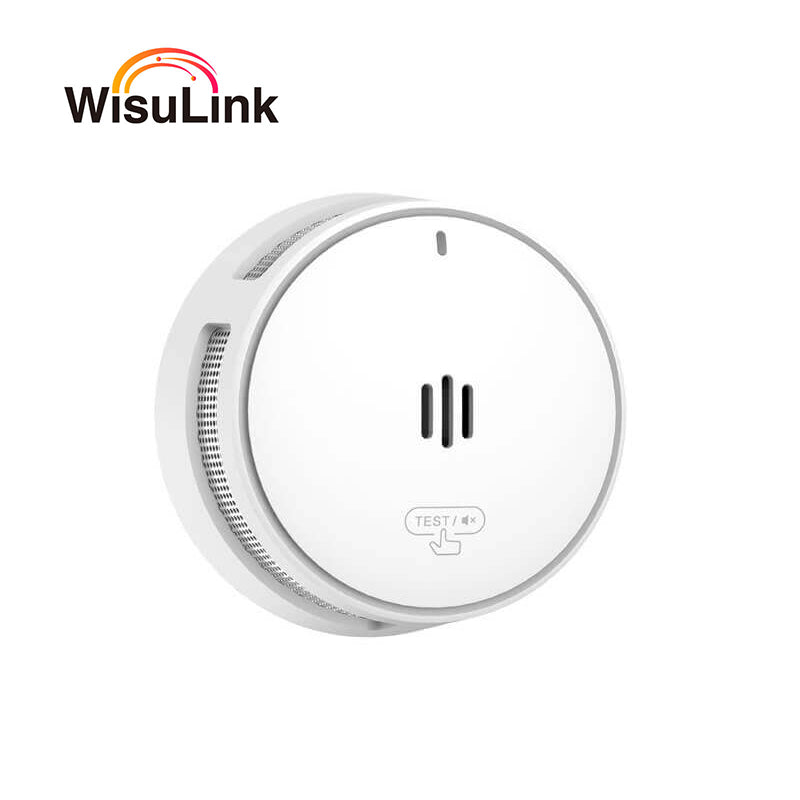
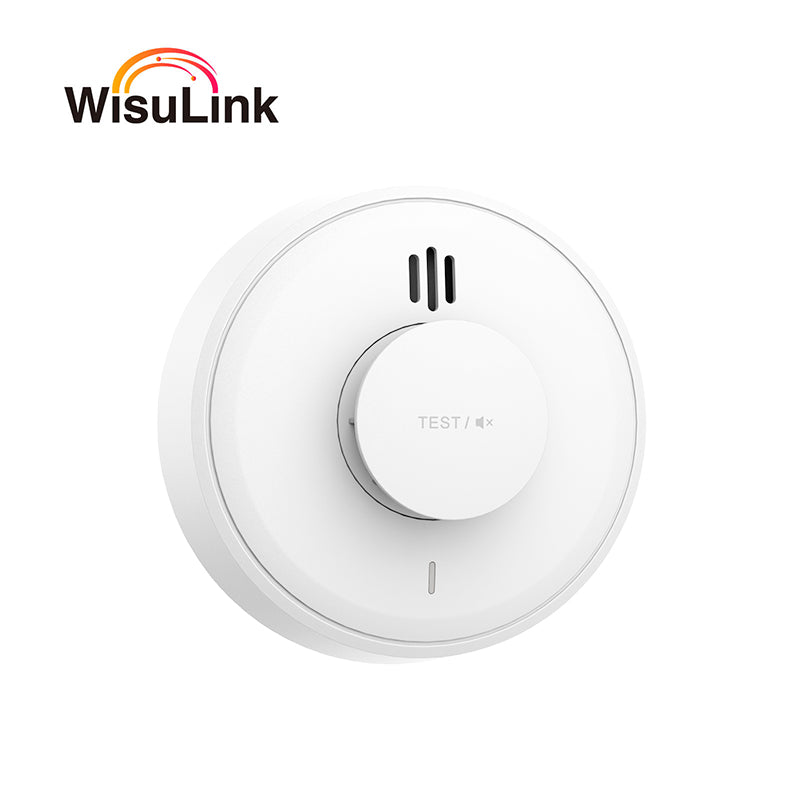


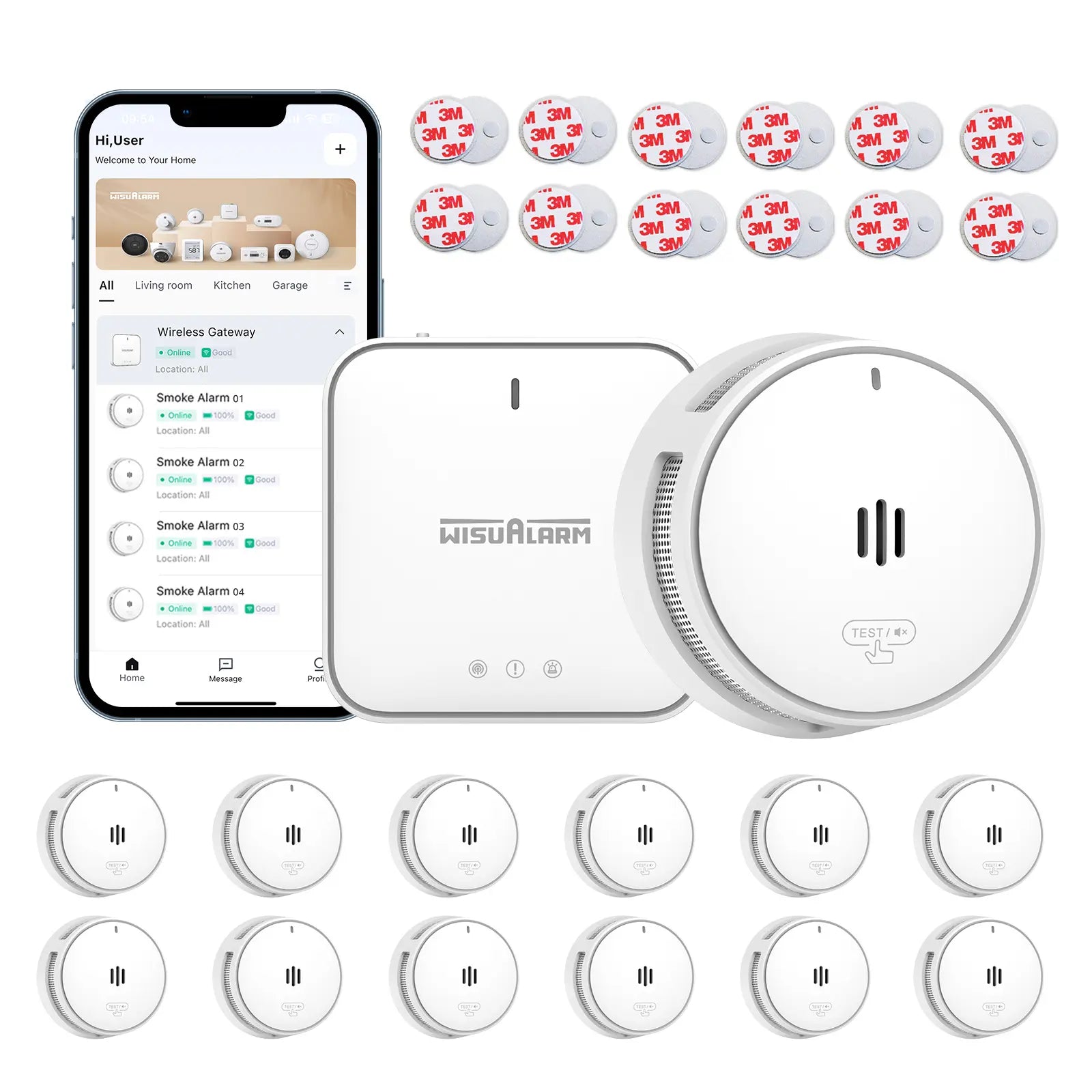




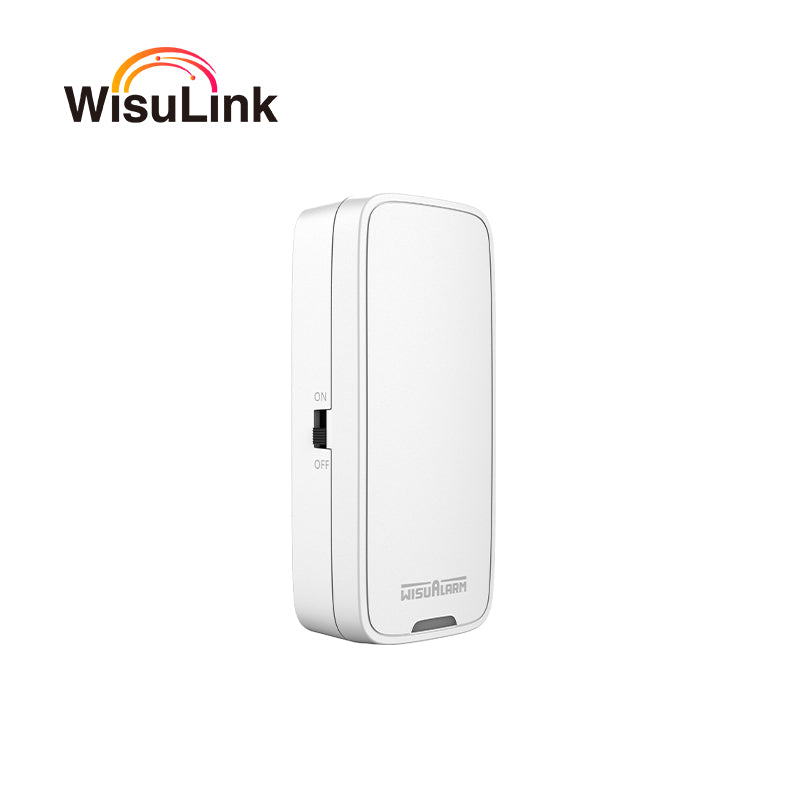









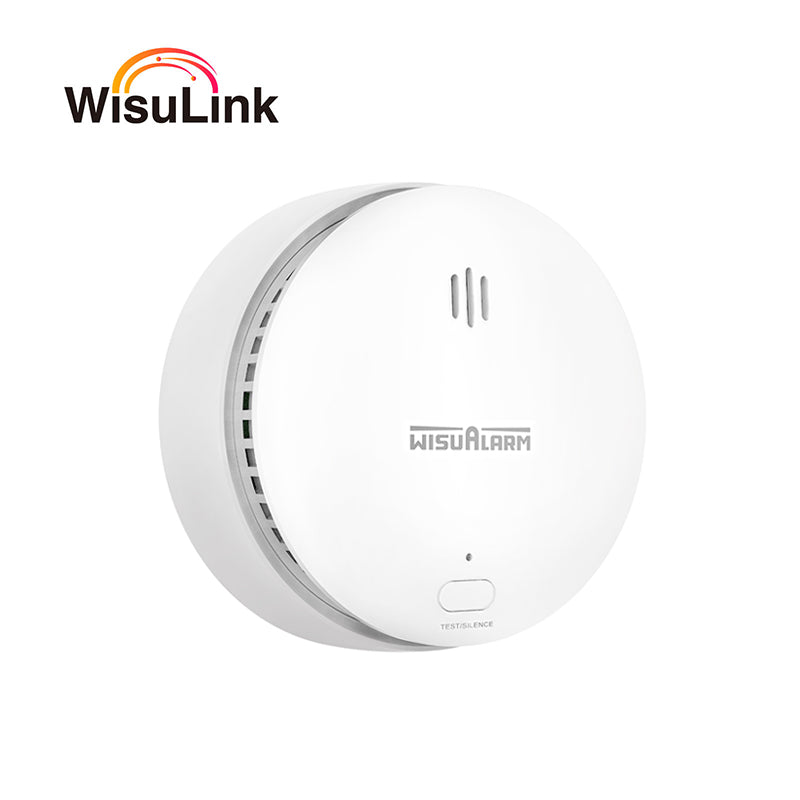
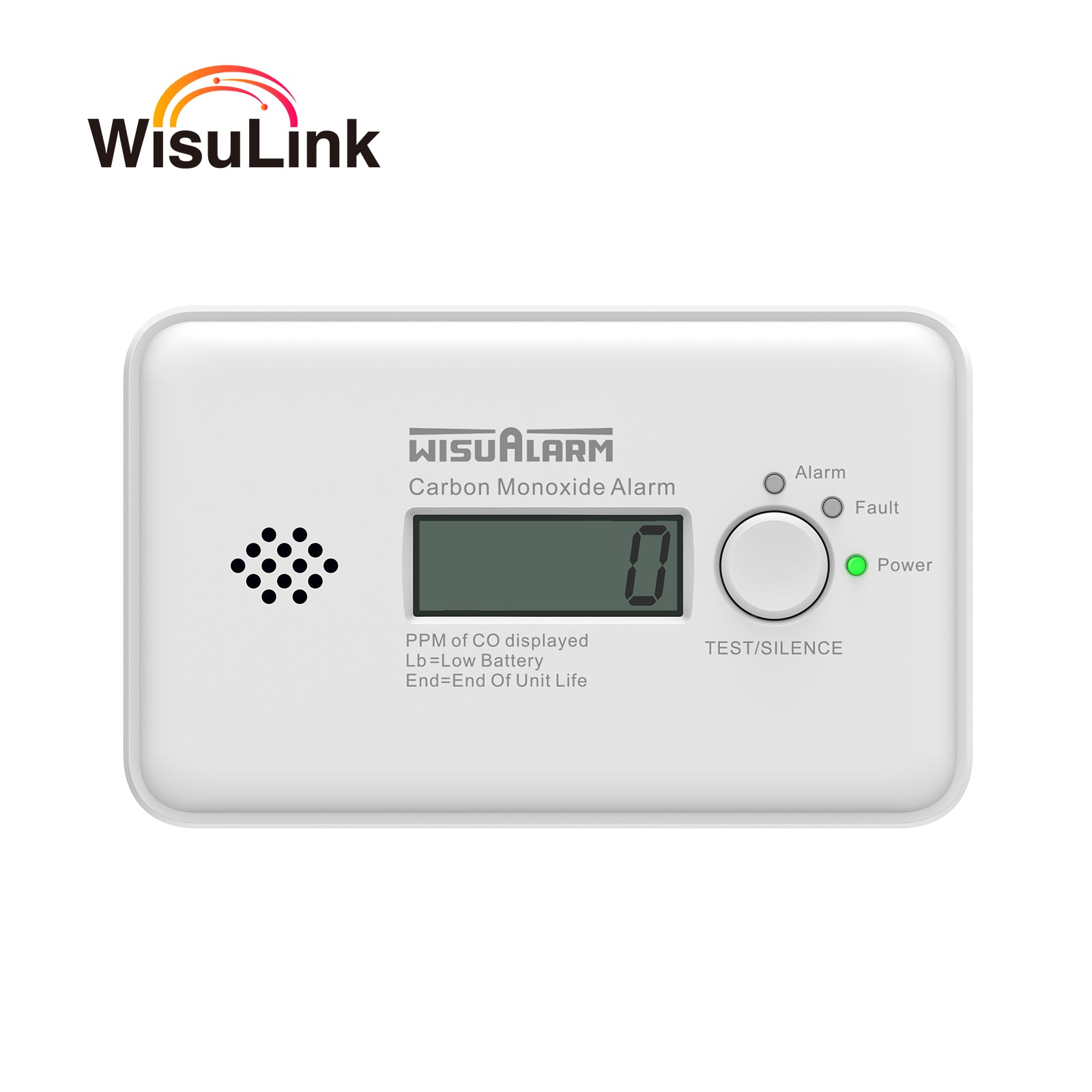
























Leave a comment